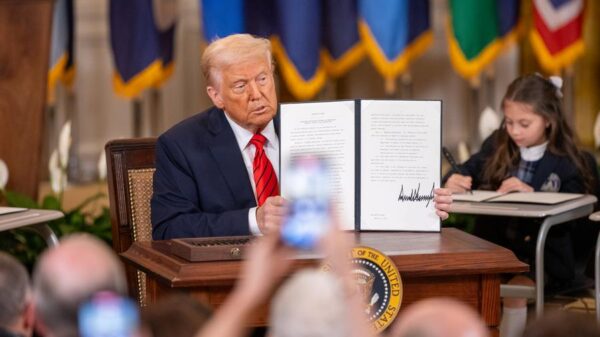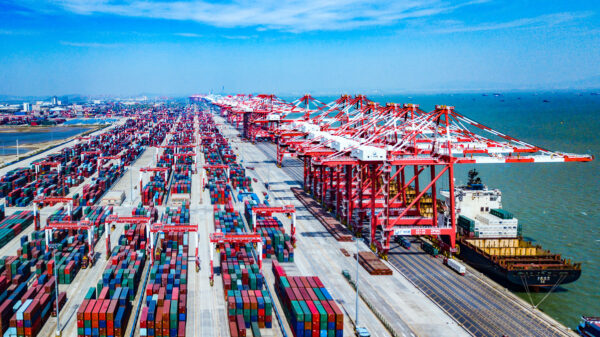
“We have a deal! UNCTAD 14 agrees on Negotiated Text!” Mohamed said on her Twitter handle on Friday/COURTESY-UNCTAD
NAIROBI, Kenya, Jul 22 – The 14th United Nations Conference on Trade and Development (UNCTAD) has finally agreed on the negotiated text, a document expected to form the ‘Nairobi Consensus’.
This is according to the UNCTAD 14 President Ambassador Amina Mohamed who says the delegation has finalised on the talks giving hopes for the conclusion of the global forum on time.
“We have a deal! UNCTAD 14 agrees on Negotiated Text!” Mohamed said on her Twitter handle on Friday.
In the latest update, the closing ceremony is expected to take place at 3pm and not 11am as earlier stated.
“Please note that the UNCTAD 14 closing plenary and closing ceremony will not take place before 1500 today, Friday, 22 July 2016,” a notice at the conference read.
The Nairobi Consensus document to be adopted on Friday will guide the mandate of UNCTAD for the next four years and will mainly focus on trade and investments amongst the 194 UNCTAD member states.
Apart from the Nairobi Consensus, the one week long 14th United Nations Conference on Trade and Development is also expected to adopt the ‘Nairobi Azimio’.
The Nairobi Azimio will be a declaration that will mainly provide political guidance to the future work of UNCTAD.
The political declaration will be seeking for increasing financial, infrastructure and development support to the world’s least developed countries and vulnerable nations.
Even as the conference concludes, concerns have been raised on the role that UNCTAD will play in influencing global trade and development in the future as it is gradually relegated to an implementation mechanism for trade agreements.
In the recent past, Western member states of UNCTAD have come under intense criticism for their sluggishness in supporting the agency’s initiatives and expanding its roles to cover other areas crucial for the advancement of developing countries.























